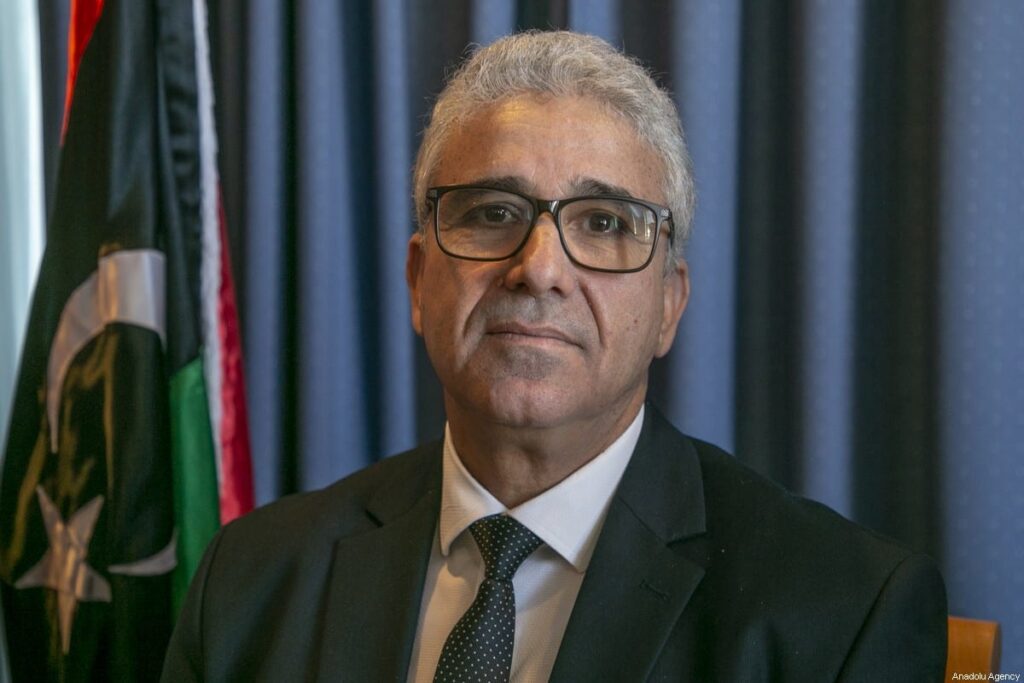Fathi Bashagha, appointed as prime minister by the parliament in a challenge to a unity government in Tripoli, plans to take office in the capital “in the coming days,” he told AFP.
In May, Bashagha arrived in the capital Tripoli in the country’s west and attempted to take office there, sparking pre-dawn clashes between armed groups supporting him and those backing his rival Abdul Hamid Dbeibeh.
He backed down, he told AFP, to avoid bloodshed, but says he has since received “positive invitations” to enter the capital.
“All the roads are open into Tripoli and God willing we’ll be there in the coming days,” he said in an interview Friday, speaking via Zoom from his temporary base in the central city of Sirte.
“Some armed forces have changed their position and have nothing against us entering the capital.”
Bashagha argues that today, Dbeibah’s government is “illegitimate”.
“Its mandate is over and it failed to make elections happen,” he said.
For elections to take place, he added, “the only condition is that Libya only has one government. Two governments is not acceptable.”
Bashagha, a 59-year-old former fighter pilot trainer, was interior minister between 2018 and 2021, when he worked to reduce the influence of militias and bring fighters into state-run forces.
He has been seen as one of the few major Libyan actors to have good relations with foreign powers backing rival sides in the country.
But the emergence of two rival administrations – as was the case between 2014 and 2020 – has sparked fears of a return to an armed struggle for power. Bashagha said he did not believe there would be a return to war, but he warned that “there might be chaos because of demonstrations”.
“I believe these popular demands are legitimate and the protests will continue after Eid,” Bashagha said, referring to the Islamic holiday of Eid Al-Adha, which started on Saturday.
Dbeibah’s government has blamed the power cuts partly on fuel shortages caused by a blockade of key oil installations in Libya’s east, by groups demanding Dbeibah’s departure and a handover to Bashagha’s government. However, the latter insisted there was “no link”.
Once residents of the “Oil Crescent” region are “reassured that the revenues will not go to corruption, or theft or to other places, they will lift the siege on the oil exports”, he said.
The UN has been critical of the way Bashagha’s administration was appointed, but Bashagha called on the world body “to adopt solutions that work for Libyans rather than just for the states that are interfering in Libya”.
“We’ve succeeded in avoiding any military confrontation but Libya can’t stay like this forever,” he added. “There has to be a solution.”
